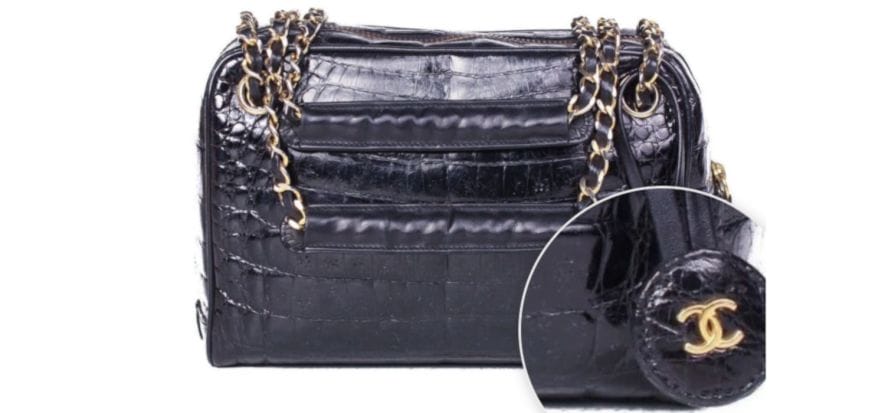Chanel said stop to exotic hides and skins. The fashion brand based their decision on a few supply chain problems, as sustainability and traceability provided by suppliers were not reliable enough. Most likely they believed they were doing something good for animals and wildlife. They were wrong indeed, though. In fact, the brand’s choice is considered a mere “sloppy decision”, whose effects, ironically enough, are going to be the opposite of what they were expecting. As a matter of fact, Chanel’s decision to say stop to crocodile, lizard, ray and snake skins is due to jeopardize the economic conditions that make profitable, around the world, the preservation of local ecosystem. At the same time, such choice will also affect and hit the financial stability of some communities, whose social balance hangs on some specific activities. The initiative, promoted by president Bruno Pavlovsky, has been strongly rejected by the top representatives of IUCN, the International Union for Conservation of Nature, a non-governmental organization, founded in 1948, which has been cooperating, since 1999, with the United Nations General Assembly as observer. While speaking to Business of Fashion, IUCN have turned upside down the beliefs on which Chanel, and others, have based similar choices. The first question is: in doing so, are they going to safeguard animal species? Not at all. “All over the world they are implementing more and more projects, supported by CITES, that aim at the protection and conservation of wildlife species: such projects also concern a sustainable employment of reptile skins, therefore urging local population to safeguard and preserve those species and their environment”. Well, some actions taken by some fashion brands, “whose intentions are as good as inappropriate”, might cause these global projects “to fail”. The second question is: if they boycott some materials, will they foster a fashion industry based on ethics and social sustainability? Not either. “In Indonesia 150,000 people benefit from python skin trade – argue IUCN –. That business steadily provides people with economic support, which turns out to be of paramount importance considering the economy volatility”. In other words, IUCN have been lecturing Chanel and others by remarking that “the economic use of wild animals is more sustainable” than their dismissal. There is still a lot of work to do, they admit. Nevertheless, the fashion industry, rather than getting “influenced” by the ones who stand against the employment of animal materials, just on principle, “should enhance, more and more, a relaxed, analytical, informed and scientific attitude towards the decisions to make”. Sudden stops, so much loved by extreme animal-rights activists and media, prove to be, conversely, “lazy decisions”, mostly counter-productive.
Union for Conservation of Nature rejects Chanel’s stop to exotic leather: “That is a damage for environment and society”










